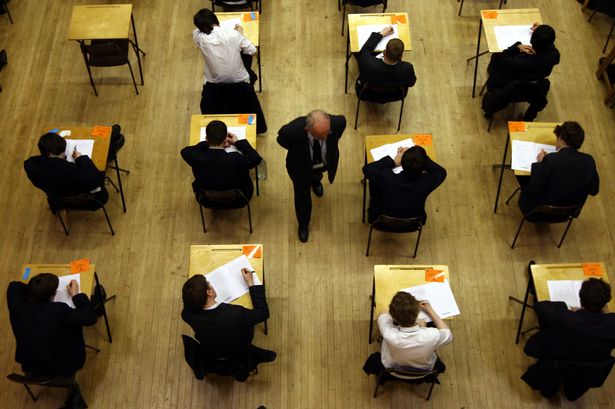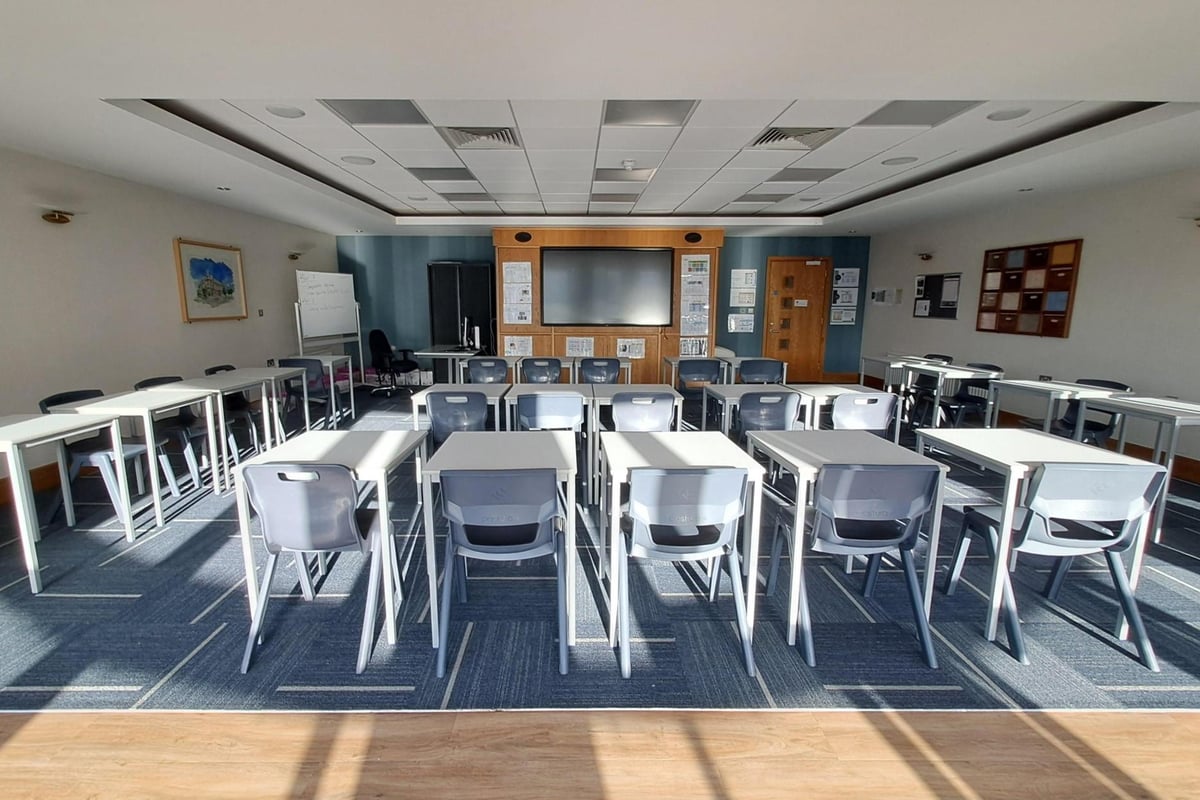A recent review of the school curriculum in the North East has raised concerns among education leaders, who describe the reforms as a “missed opportunity” to address regional inequalities. The Department for Education (DfE) announced important changes, including mandatory reading tests for Year 8 students and a reduction in GCSE exam volume by at least 10%. These recommendations stem from a review conducted by Professor Becky Francis, aimed at improving educational outcomes.
While Schools North East, representing over 1,150 schools in the region, welcomed the introduction of new diagnostic assessments, it emphasized that the changes leave significant gaps in tackling the challenges faced by students from more deprived backgrounds. Only 17.8% of GCSE candidates in the North East achieved grades of 7 or above in 2023, a slight improvement from 16.4% in 2019. However, the disparity compared to students in London has widened, increasing from 9.3% percentage points to 10.6% during the same period.
Chris Zarraga, director of Schools North East, acknowledged the DfE’s recognition of issues such as teacher workload and barriers faced by students with special educational needs and disabilities (SEND). Yet, he cautioned that without addressing the underlying financial constraints and contextual challenges, these reforms may not yield the desired outcomes.
The report further highlights that headteachers in the North East continue to experience “unsustainable” pressures on staff time. The implementation of a new curriculum could exacerbate existing workload and recruitment issues. The charity stated: “In a region with the highest rates of long-term disadvantage in England, and where many schools are already operating on severely stretched budgets, the capacity to deliver curriculum reform is limited.”
Furthermore, the DfE’s commitment to scrapping the English Baccalaureate (EBacc) was confirmed, a move that some believe may alleviate pressures on schools. Bridget Phillipson, the Education Secretary and MP for Sunderland, stated, “It has been over a decade since the national curriculum was updated, and it’s more crucial than ever that young people are equipped to face the challenges of today.”
The reforms aim to prepare students with essential skills, from basic reading to critically evaluating information in a digital age. Phillipson emphasized that these changes are part of a broader “Plan for Change” designed to help students thrive in an evolving world.
As Schools North East expressed its concerns, it reiterated the importance of targeted resources to prevent further deepening of digital inequality. Many schools in the North East lack the necessary infrastructure and training required for effective digital delivery of the new curriculum.
In conclusion, while the DfE’s review proposes several positive changes, the North East education leaders believe that without addressing the systemic challenges faced by schools in the region, the potential for real transformation remains limited. As these reforms progress, the focus on equitable access to quality education will be crucial for the future success of students in the North East.







